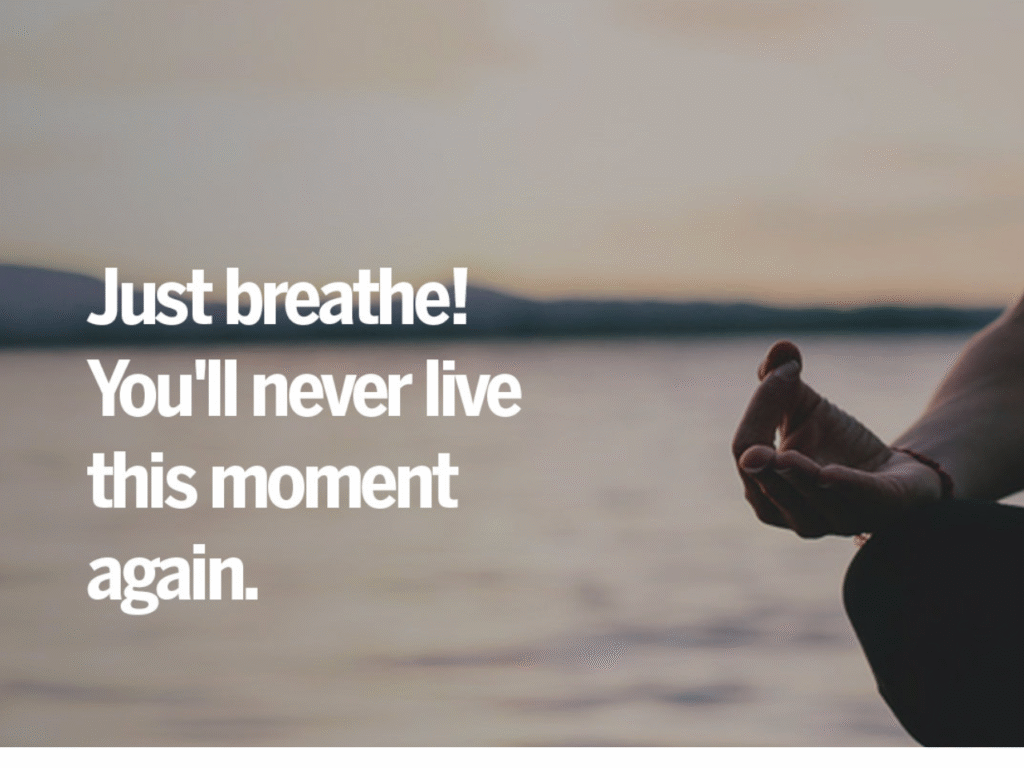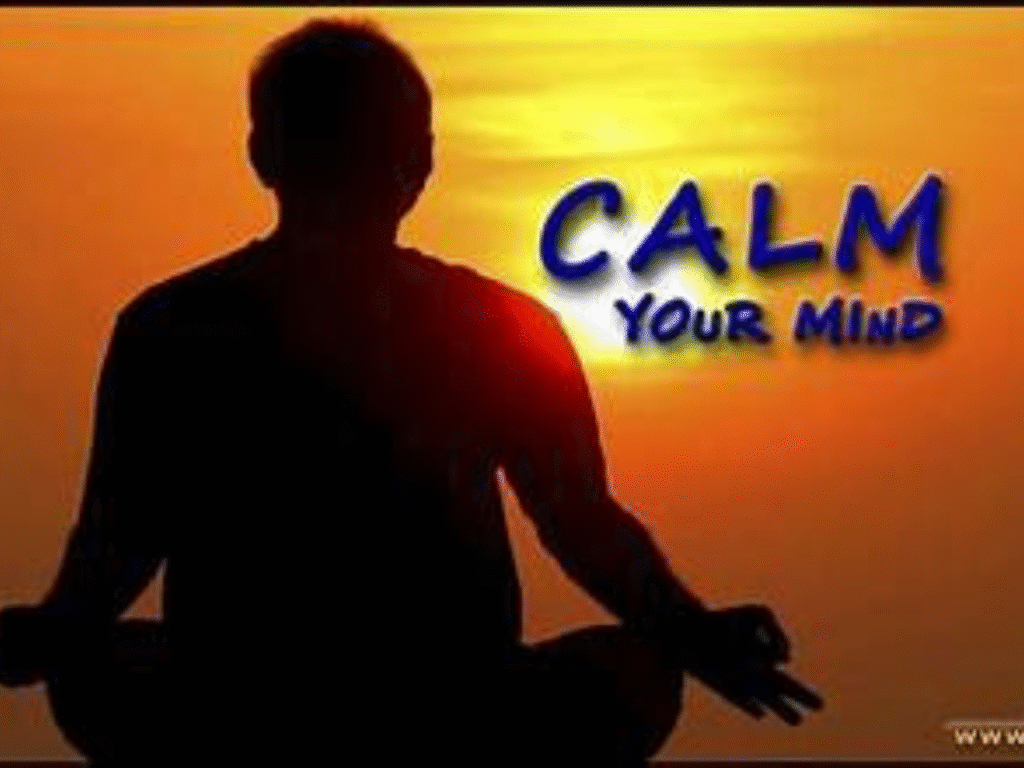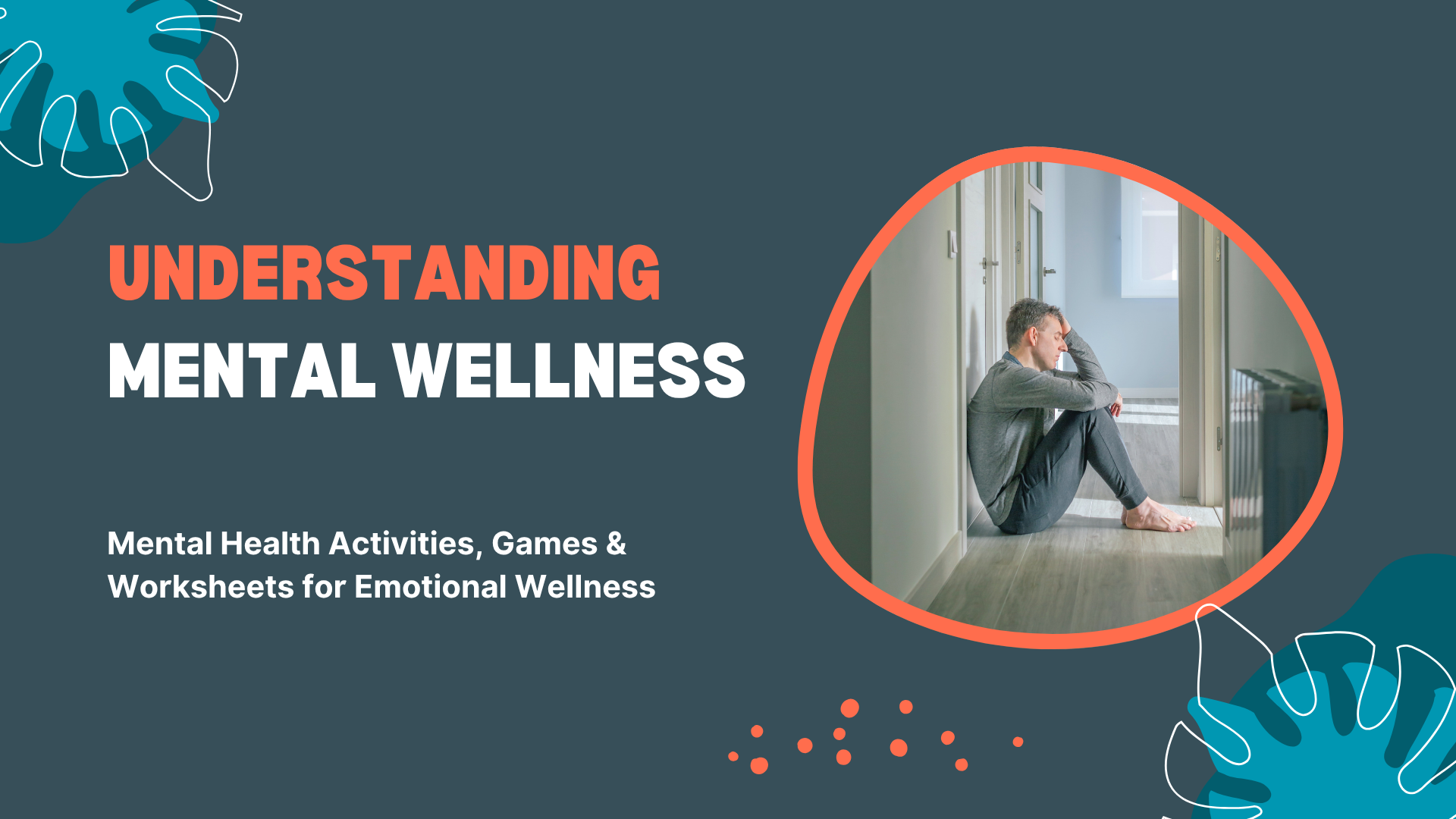Taking care of your mental health is just as important as looking after your body. Mental health activities, games & worksheets offer simple yet powerful tools that help you feel more balanced, calm, and focused. Whether you’re dealing with stress or anxiety or need a daily boost, these tools provide practical ways to build emotional well-being and improve your mental fitness.
From guided meditation to gratitude journaling and even fun mental health games, each resource supports your inner strength. These exercises aren’t just for therapy—they work at home, in school, or at work. You’ll find comfort, clarity, and mood improvement through consistent practice.
What Are Mental Health Activities and Why Do They Matter?
What are mental health activities? They are versatile tools that can be adapted to your unique needs, just like you adapt your exercise routine to fit your body. Whether it’s writing your thoughts, going for a walk, doing deep breathing, or playing a mental health game, these activities help you stay balanced, even during stress.
They also improve your mind-body connection. When you take time to care for your emotions, your body feels better, too. These activities help with emotional regulation, so you don’t get overwhelmed. They’re key tools in psychoeducation and support your journey toward lasting mental wellness.
11 Powerful Activities to Improve Your Mental Health Daily
Your daily routine can include small, helpful actions that keep your mind strong. Try gratitude journaling every morning. Write three good things. This simple act boosts your mood and helps stop negative thinking. Another activity is guided meditation before sleep. It quiets the brain and supports better sleep hygiene.
If you feel anxious, use grounding techniques like naming five things you see or touching something cold. You can also try progressive muscle relaxation (PMR). It relaxes tension in your body and calms your brain. These small actions are excellent stress relief techniques.
Five Educational and Entertainment Games for Mental Health at Any Age
Engaging in mental health games may assist individuals in their emotional healing process. Engaging in mental health games may assist individuals in their emotional healing process. These games impart self-awareness, coping mechanisms, and problem-solving skills. For instance, in “Feelings Charades,” participants portray various emotions. Playing this game improves emotional health and social connections. “Thought Toss” is an excellent game that aids in mind management as well.
Digital tools like apps that help with anxiety and sleep, such as Calm or Headspace, combine fun with purpose. These are excellent for kids, teens, and even adults. Mental health games for students are widely used in classrooms to teach empathy and emotional regulation in an engaging way.
3 Types of Mental Health Activities for Teens, Adults, and Groups
Mental health for teens often involves art, writing, and movement. Expressive arts therapy lets teens draw their feelings. This builds self-compassion training and helps them understand their emotions. Adults may prefer silent reflection, meditation for beginners, or CBT-based exercises like thought logs.
Group activities focus on sharing and trust. Think of circle talks or group gratitude writing. These help everyone feel safe. Exercises for building psychological safety make it easier to talk about feelings. Each age group has its unique needs, so choose what fits best.
7 Evidence-Based Mental Health Worksheets You Can Start Today
The best mental health worksheets for clients are those that help track feelings and thoughts. One popular worksheet is the Thought Record, which uses cognitive reframing to change negative thoughts. Another is the Mood Chart, which shows how moods change daily.
These therapeutic worksheets help with anxiety reduction, goal setting, and learning better responses. They work well in therapy and also at home. Worksheets for dealing with negative thinking are essential tools in positive psychology and build mental habits that support healing.
8 Mental Health Exercises That Really Work (Mindfulness to Breathing)

What are mental health exercises? There are proven ways to calm your brain and body. One strong exercise is mindful eating, where you slow down and enjoy each bite. This builds mental fitness by increasing awareness. Another is breathing exercises for anxiety, like box breathing.
Other great practices include meditation practices and progressive muscle relaxation (PMR). These tools lower stress hormones and improve focus. They are excellent stress management tools for everyday use and are often part of self-care routines.
What Are the Benefits of Practising Mental Health Exercises?
These exercises are more than just helpful—they change lives. They improve your sleep, help with focus, and boost your energy. If you want to know how to improve emotional well-being, these exercises are a great place to start.
They also build long-term strength. You become more resilient and better at handling problems. When you practice them daily, you gain emotional well-being, better relationships, and a deeper sense of peace.
How to Take a Mental Health Break: 8 Warning Signs You Need One
Sometimes, your mind needs a rest. You might feel tired even after sleeping. You may feel angry often or lose interest in things you enjoy. These are signs you need a mental health break. Your brain is asking you to slow down.
Take a walk in nature, turn off screens, and rest your thoughts. Nature therapy and silence can reset your system. If you wonder how to calm your mind naturally, this is a strong start. Always listen to your body and brain.
When to Use Mental Health Tools and Activities
Mental health tools work best when used often, not just during a crisis. If you feel stress building, start your self-care checklist. Use journaling or breathing techniques before things get worse.
They also help after big events like a breakup or job loss. Behavioral activation can help you feel motivated again. Knowing when to use mental health tools and activities is part of learning about yourself.
Choosing the Right Mental Health Tools for You: 3 Expert Tips
First, think about your comfort level. Some people love writing, while others prefer movement or music. Next, match your needs. For anxiety, meditation practices and breathing exercises help the most. For sadness, try journaling for mental clarity or talking to someone.
Lastly, explore. Try different things and see what helps. You may also use apps for managing anxiety or read books. Tools for emotional regulation are very personal. Keep what works, and don’t worry if some tools don’t fit.
2 Books That Will Change the Way You Think About Mental Health
Reading helps your brain learn and heal. Best books on mental wellbeing include The Body Keeps the Score by Bessel van der Kolk. It explains somatic therapy and trauma. Another is Maybe You Should Talk to Someone by Lori Gottlieb. It shows how therapy works.
Books open your mind and reduce the mental health stigma. They give you new words to explain your feelings. They also help you understand others. These are great reads for anyone starting their mental health journey.
17 Positive Psychology Exercises for Coaches and Therapists
Positive psychology tools are used by coaches and therapists to help others grow. Some examples include strengths journaling, future vision writing, and gratitude letters. These boost mental resilience and help clients find meaning in daily life.
They are easy to teach and practice. They improve mood, increase focus, and build a better sense of self. These tools are part of modern therapy and coaching sessions today.
How Do Mental Health Activities Support Your Wellness Goals?
These activities do more than relax you. They help you stay on track with life goals. If you want to sleep better or work smarter, start with these tools. Daily habits for mental wellness support focus, peace, and energy.
They are key if you’re trying to grow emotionally or heal from past pain. They support self-care routines, boost your motivation, and help you live a balanced life. How to improve emotional resilience? Start small, start daily.
Calm Your Mind, Change Your Life: Building a Daily Mental Health Routine

Creating a simple routine changes your brain over time. Wake up, write your thoughts. Take five minutes to breathe slowly. Take a walk after lunch. Listen to calm music before bed.
If you’re wondering how to stop negative thinking, a routine helps. It gives your brain patterns that lead to peace. A daily routine can reduce stress and increase joy. It’s about building habits that serve you.
The Psychology Behind Why You Wake Up at Night
If you wake up at night and can’t sleep, your brain might be stressed. This is often due to emotional regulation issues. Your thoughts may be looping, or your cortisol levels may be high.
One way to help is to keep a journal by your bed. Write your thoughts when you wake up. Use easy mindfulness techniques to relax. Sleep is a big part of mental health. How do you manage a low mood naturally? Start by fixing your sleep.
Table: Simple Daily Mental Health Toolkit
TimeToolPurpose
Morning Gratitude Journal Start with positive thinking
Midday Guided Breathing or Meditation Reduces stress and refocus
Afternoon Nature Walk / Movement Break Refresh energy, boost mood
Evening Mental Health App or Reading Wind down, promote good sleep
Night Thought Dump / Journaling: Clear mind before bed
Final Thought: Healing your mind is a journey, not a race. Use these mental health activities, games & worksheets to take one small step each day. Your peace of mind is worth the effort.
Welcome to Depthoverdrive,
I’m Syeda Naqvi, a passionate SEO content writer with 3 years of experience in crafting engaging, optimized, and reader-friendly content. I specialize in creating content that not only ranks on search engines but also provides real value to readers, with a strong understanding of keyword research, on-page SEO, and content strategy.

